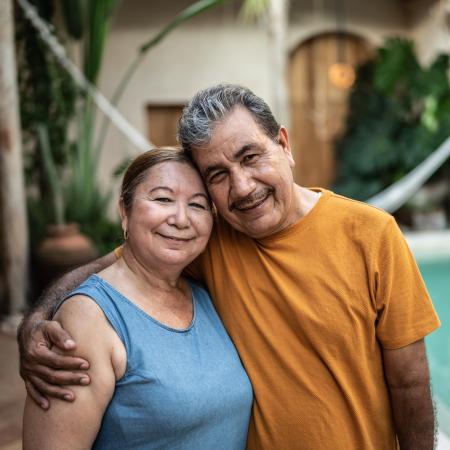It is important to have vaccines that can prevent disease in anyone, regardless of their background.
This starts with clinical trials. Many biological and environmental factors, such as genetics, race, ethnicity, age, sex, gender, and where you are born can impact how you may respond to a vaccine. Even where and how you live, work and play can affect your health, and your risk for disease.
When clinical trial participation reflects the diversity of our communities, the more we learn about potential vaccines, including how they work for different people. Everyone needs to be represented.






